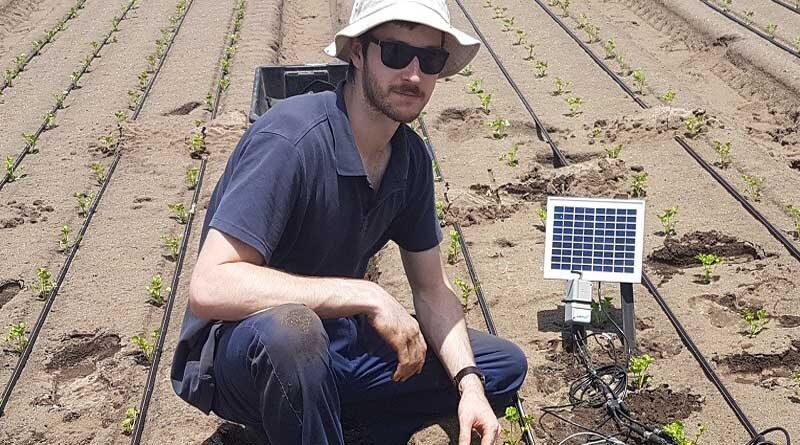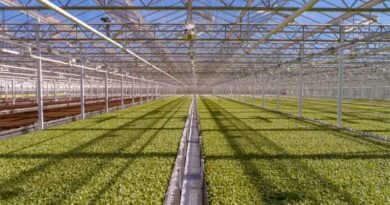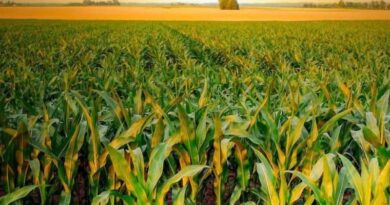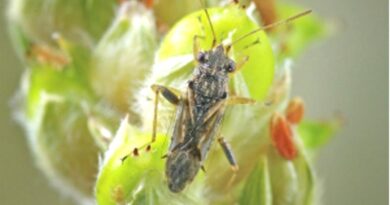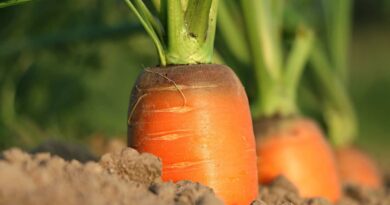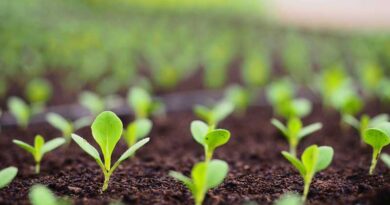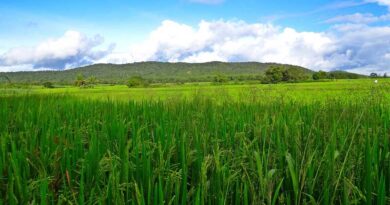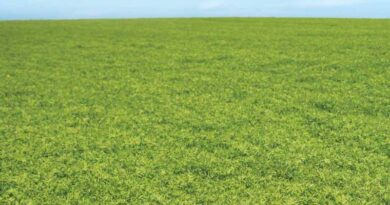Australia: Water efficiency research profiled at WA Horticulture Update 2021
14 November 2021, Australia: Research projects to assist fruit and vegetable growers to use water more efficiently to reduce costs and improve productivity, profitability and sustainability was profiled at the recent WA Horticulture Update 2021.
The Department of Primary Industries and Regional Development (DPIRD) has most recently been working with the avocado industry and vegetable growers at North Wanneroo to trial new technology and examine improved management practices.
Research scientist David Rowe has been monitoring the effects of shade netting and high density planting in an avocado orchard in Carabooda, as part of the five-year national research program.
The work is being delivered through Hort Innovation, under the National Tree Crop Intensification in Horticulture Program’s investigation into the potential of avocado, almond, citrus, macadamia and mango system intensification.
Shade netting can improve fruit yield and quality by creating a more favourable microclimate for the trees by reducing wind speed, temperature and solar radiation.
The added protection can also reduce instances of fruit-drop and sunscald.
The trial is also comparing high density plantings with low density plantings with and without netting, as well as assessing typical low density plantings independently with and without netting.
Mr Rowe said while the project was only in its second year and the trees are still too young to provide definitive trial findings, the netting had already made significant changes to the microclimate.
“We found the netting reduced temperatures by 1.5 degrees Celsius and maximum wind speeds were reduced by up to 20 per cent,” he said.
“This reduces evapotranspiration, which will likely result in better growing conditions for the trees and have positive outcomes for fruit yields and quality.”
The trial has also given an insight into management adaptations required with shade netting, such as more intensive pruning regimes and the use of growth retardant to keep trees below the height of the netting.
DPIRD has also been collaborating with vegetablesWA on another project in North Wanneroo to assist growers to better understand the technology options and benefits of improved water use efficiency.
Department officers have been working with local growers to install soil moisture sensors to demonstrate how water moves through the soil profile under different weather conditions.
“Water use efficiency is fundamentally about applying only the water required for optimal crop growth and minimising additional water application that may be unnecessary,” Mr Rowe said.
“Understanding plant water requirement is essential to optimise water use efficiency, which is determined by crop and environmental factors that can vary from day to day.
“There are a number of advanced irrigation systems available now that can be run from a smart phone to tailor watering program to growers’ individual crop requirements.
“By working together with growers, we are able to develop best practice irrigation strategies to help optimise water use, profitability and sustainability.”
Another project at the department’s Carnarvon Research Facility is demonstrating the use of radio network transmitters to provide affordable data telemetry for soil moisture sensors, water flow metres and weather stations.
The devices will be linked to a web-based interface that provides growers and researchers in Carnarvon with real time access to information for free to make more informed, data driven decisions to optimise productivity and profitability.
“We are working closely with an internal team to develop a user interface that provides the functionality needed to help growers improve the water use efficiency and farm management,” Mr Rowe said.
The WA Horticulture Update attracted more than 120 growers and other supply chain stakeholders from throughout the State to hear the latest in research and business advances.
Picture caption: DPIRD research scientist David Rowe’s work on improving water use efficiency was profiled at WA Horticulture Update 2021.

